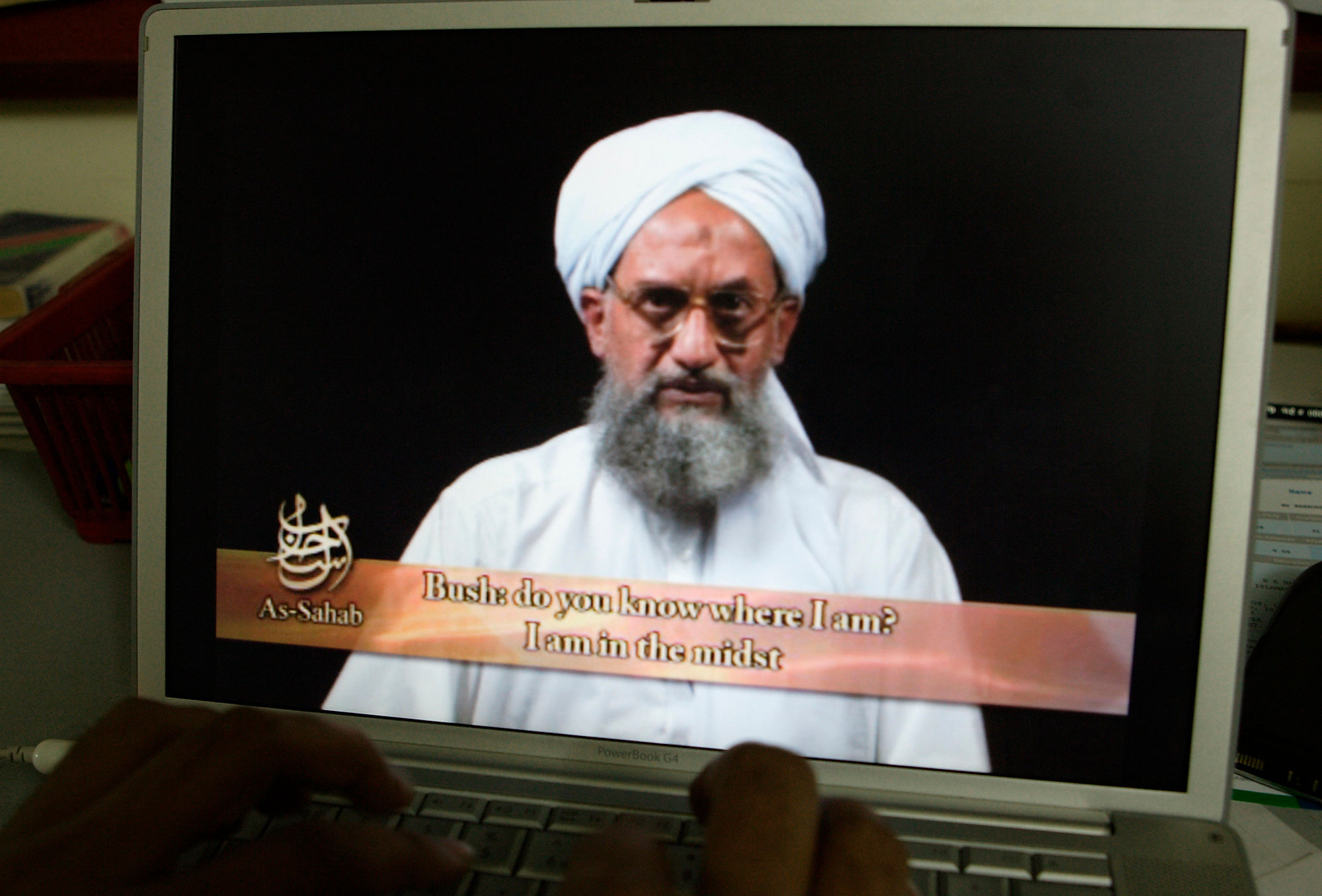A CIA drone strike has killed al-Qaida leader Ayman al-Zawahiri in Afghanistan.
As per The Associated Press sources, current and former officials began to hear Sunday afternoon that al-Zawahri had been killed in a drone strike, but the government delayed publishing the information until his death could be verified.
Also read: Who was Ayman al-Zawahri?
Officials at the White House declined to confirm al-Zawahri’s death, but said in a statement that the US conducted a “successful” counterterrorism action against a significant al-Qaida target, with “no civilian casualties.”
President Joe Biden confirmed the death of the al-Qaeda leader at 7:30 pm EDT with additional details about the operation.
Speaking on Aug. 31, 2021, after the last U.S. troops left Afghanistan, Biden said the U.S. would not let up on its fight against terrorism in that country or elsewhere.
Also read: Ayman al-Zawahiri family: Parents, wives, and children
“We will maintain the fight against terrorism in Afghanistan and other countries,” he said. “We just don’t need to fight a ground war to do it.” Previewing the strike that would occur 11 months later, Biden said at the time, “We have what’s called over-the-horizon capabilities, which means we can strike terrorists and targets without American boots on the ground — or very few, if needed.”
His killing is expected to cause more chaos inside the group than bin Laden’s murder in May 2011, because it is significantly less clear who will succeed him as leader of the terror network.
Al-Zawahri shaped al-Qaida more than anybody else, first as bin Laden’s deputy since 1998, then as his successor. Together with bin Laden, he directed the jihadi movement’s weapons against the United States, carrying out the worst attack on American soil — the Sept. 11, 2001, suicide hijackings.
Bin Laden became America’s No. 1 adversary after the World Trade Center and Pentagon assaults. But he probably couldn’t have done it without his subordinate. Bin Laden gave al-Qaida with charisma and money, but al-Zawahri brought the tactics and organisational abilities required to form militants into a global network of cells.






